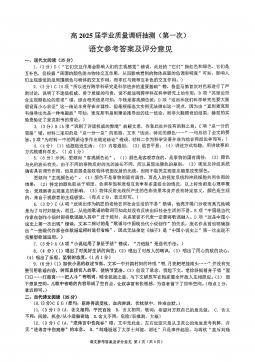The Deceiver
FrederickForsyth–TheDeceiver1DON’TMISSTHESEGRIPPINGBOOKSBYFREDERICKFORSYTHTHEDAYOFTHEJACKALTHEODESSAFILETHEDOGSOFWARTHEDEVIL’SALTERNATIVENOCOMEBACKSTHEFOURTHPROTOCOLTHENEGOTIATORTHEDECEIVERTHEFISTOFGODAVAILABLEWHEREVERBANTAMBOOKSARESOLDLOOKFORICONINBANTAMHARDCOVERFrederickForsyth–TheDeceiver2PRAISEF...
相关推荐
-
【词汇变形总汇】2025高考词汇变形总汇 - 教师版VIP免费

 2024-12-06 5
2024-12-06 5 -
【超简37页】新课标高考英语考纲3500词汇VIP免费

 2024-12-06 12
2024-12-06 12 -
《高考英语3500词详解》(WORD版)VIP免费

 2024-12-06 30
2024-12-06 30 -
《高考英语3500词详解》VIP免费

 2024-12-06 27
2024-12-06 27 -
高中英语-[教师版]80天通关高考3500词汇VIP免费

 2024-12-06 33
2024-12-06 33 -
高中人教选修7课文逐句翻译VIP免费

 2024-12-06 14
2024-12-06 14 -
高中人教选修7课文原文及翻译VIP免费

 2024-12-06 38
2024-12-06 38 -
高中人教必修4课文逐句翻译VIP免费

 2024-12-06 18
2024-12-06 18 -
高中人教必修4课文原文及翻译VIP免费

 2024-12-06 50
2024-12-06 50 -
高考英语核心高频688词汇VIP免费

 2024-12-06 31
2024-12-06 31
作者详情
相关内容
-

小学二年级上册上学期-部编版语文:寒号鸟 预习笔记
分类:幼儿/小学教育
时间:2025-08-25
标签:无
格式:PDF
价格:10 玖币
-

小学二年级上册上学期-部编版语文:古诗二首预习笔记
分类:幼儿/小学教育
时间:2025-08-25
标签:无
格式:PDF
价格:10 玖币
-

小学二年级上册上学期-部编版语文:第一课时预习笔记
分类:幼儿/小学教育
时间:2025-08-25
标签:无
格式:PDF
价格:10 玖币
-

小学二年级上册上学期-部编版语文:第三课时预习笔记
分类:幼儿/小学教育
时间:2025-08-25
标签:无
格式:PDF
价格:10 玖币
-

小学二年级上册上学期-部编版语文:第二课时预习笔记
分类:幼儿/小学教育
时间:2025-08-25
标签:无
格式:PDF
价格:10 玖币




 渝公网安备50010702506394
渝公网安备50010702506394
